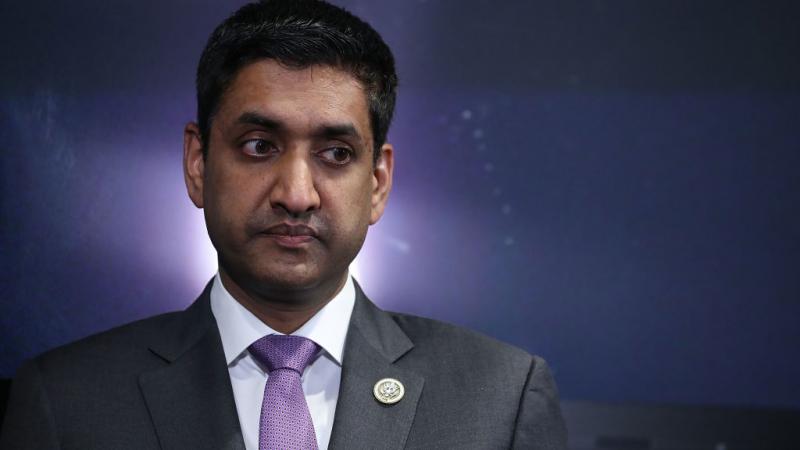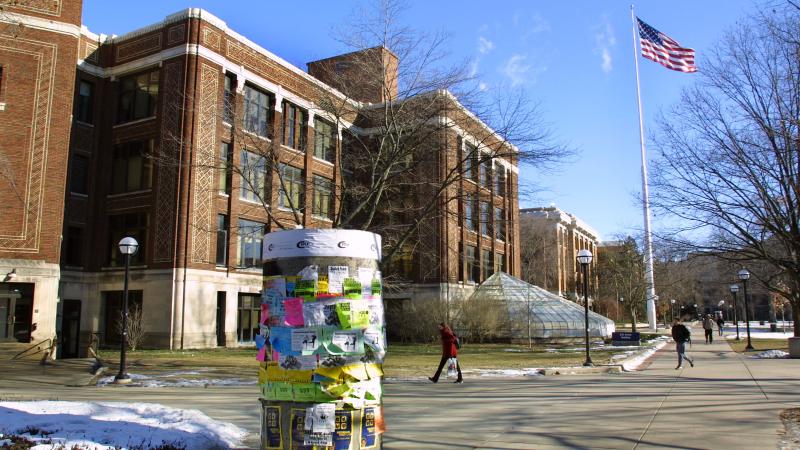Some red states defy liberal expectations, keep abortion legal after Roe reversal
South Carolina Supreme Court ruling is latest twist as states grapple with authority to make own decision about abortion legality.
Months after the U.S. Supreme Court eliminated a constitutional right to abortion last summer, liberal predictions of sweeping elimination of the procedure in Republican states have been defied by GOP voters and GOP-appointed judges scattered across the country.
The latest example emerged Thursday when the South Carolina Supreme Court ruled the state constitution's privacy protections created a right to abortion. It follows voter-driven decisions in Kentucky and Kansas to reject outright bans on abortion.
The outcome has left a hodgepodge map where some blue states have expanded abortion access while some red states have outlawed the procedure.
The dynamic was set in motion last June when the nation's justices in Dobbs v. Jackson overturned the landmark 1973 Roe v. Wade decision that established a constitutional right to abortion nationwide, leaving the decision about legality to each state to decide. Accordingly, abortion became immediately illegal in numerous Republican-led states that had passed trigger laws set to take effect upon such a ruling.
Several such bans have survived legal scrutiny, and abortion is now entirely illegal in some states, though many include exceptions for rape, incest, or threats to the woman's life. The Republican Party has long endorsed anti-abortion policies, and left-wing prognosticators expected the party's bastions to adopt comparable policies.
Such was not the case in deep-red Kansas, Kentucky, and South Carolina, states where either voters or Republican-appointed judges have intervened to block efforts to restrict the practice.
Here's what happened in each of those states:
Kansas voters reject a state constitutional amendment to eliminate right to abortion
In August, Kansas faced a statewide referendum to amend its constitution to explicitly eliminate any right to abortion the document guaranteed.
The state Supreme Court ruled in 2019 that the state's constitution guaranteed the right to the procedure, meaning that abortion would remain legal even after the overturn of Roe v. Wade.
The measure before Kansas voters would not have banned the procedure outright but merely eliminated the constitutional guarantee, paving the way for the state legislature to enact restrictions on the procedure.
Kansans, however, overwhelmingly rejected the plan, with roughly 59% of voters opposing its adoption. The measure was one of the first incidents in which voters were permitted to opine on the issue after the Dobbs ruling.
Kentucky voters rejects a statewide abortion ban
Concurrent with the 2022 midterm elections, was a statewide measure in Kentucky seeking to explicitly refute any right to abortion in the state's constitution. Voters in Kentucky rejected that measure, too, albeit more narrowly.
Roughly 52.5% of voters opposed the measure, though the result did not legalize abortion. The referendum did not allow voters to determine the legal status of the procedure, but merely dictate whether the constitution opined on the matter.
Kentucky lawmakers passed a "trigger law" prior to the Dobbs decision, which took effect shortly thereafter and banned the procedure. That law, however, has faced legal scrutiny and a state court blocked it in June 2022. The state Supreme Court subsequently allowed it to resume pending legal challenges and the state currently bans the procedure.
The results of the referendum have somewhat emboldened pro-abortion activists, who increasingly see a pathway to legal victory amid apparent popular support.
South Carolina's GOP-appointed court declares state constitution guarantees abortion access
The Palmetto State's Supreme Court on Thursday overturned the state's ban on abortion after six weeks of pregnancy, contending that the right to the procedure fell under a right to privacy, in a ruling closely resembling the 1973 Roe v. Wade decision.
"We hold that the decision to terminate a pregnancy rests upon the utmost personal and private considerations imaginable, and implicates a woman's right to privacy," wrote Justice Kaye G. Hearn. "While this right is not absolute, and must be balanced against the State's interest in protecting unborn life, this Act, which severely limits—and in many instances completely forecloses—abortion, is an unreasonable restriction upon a woman's right to privacy and is therefore unconstitutional."
While voters in the state did not opine in the matter, the court's composition has been heavily influenced by Republicans. The General Assembly elects justices to the bench for ten-year terms, with no term limits. Republicans have held control of the chamber since the 1990s and the court skews conservative.
While Kentucky, South Carolina, and Kansas seem to represent deviations from the trend of GOP-led efforts to ban abortion, many more Republican states have restricted the procedure and several are currently mulling tighter restrictions.
















